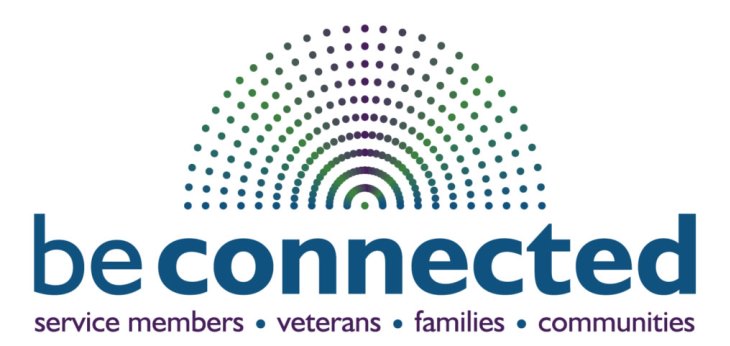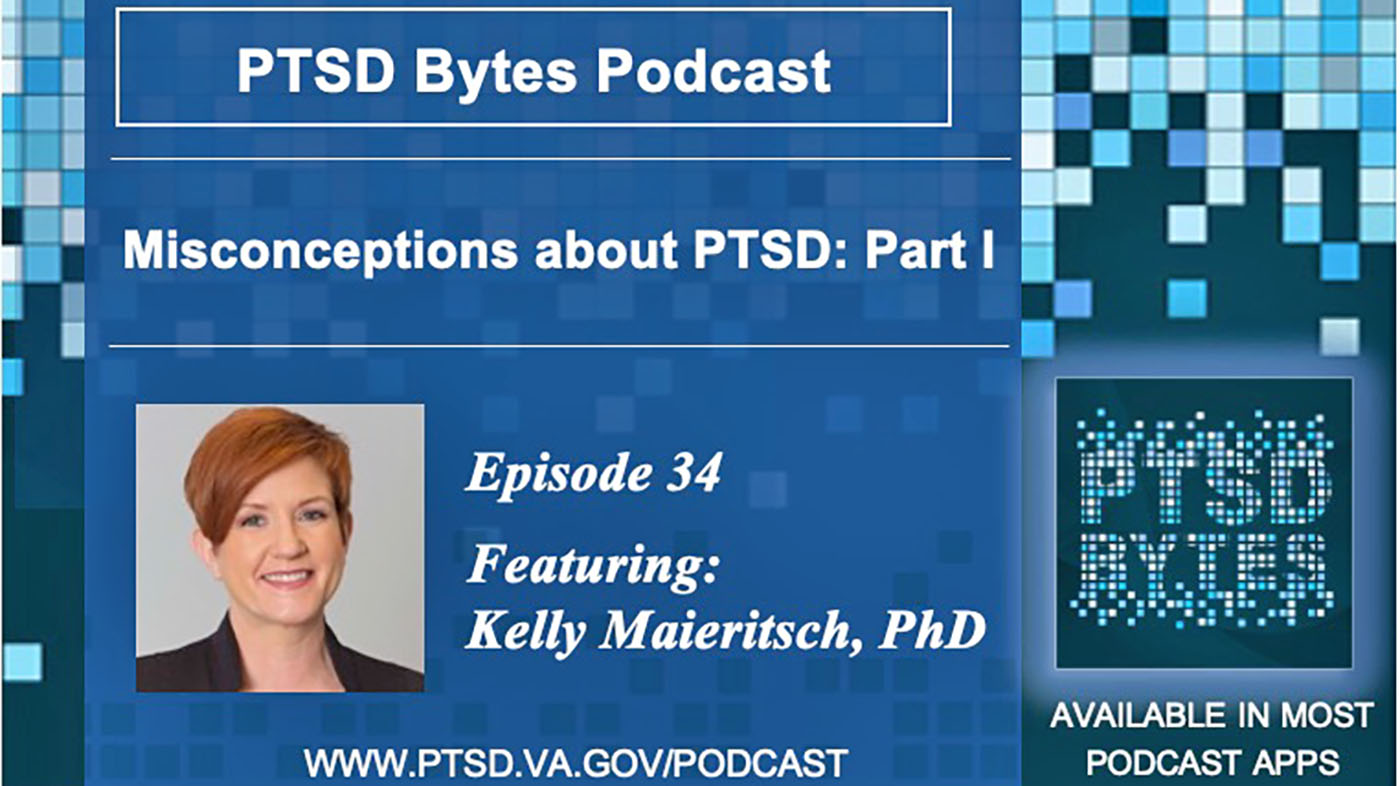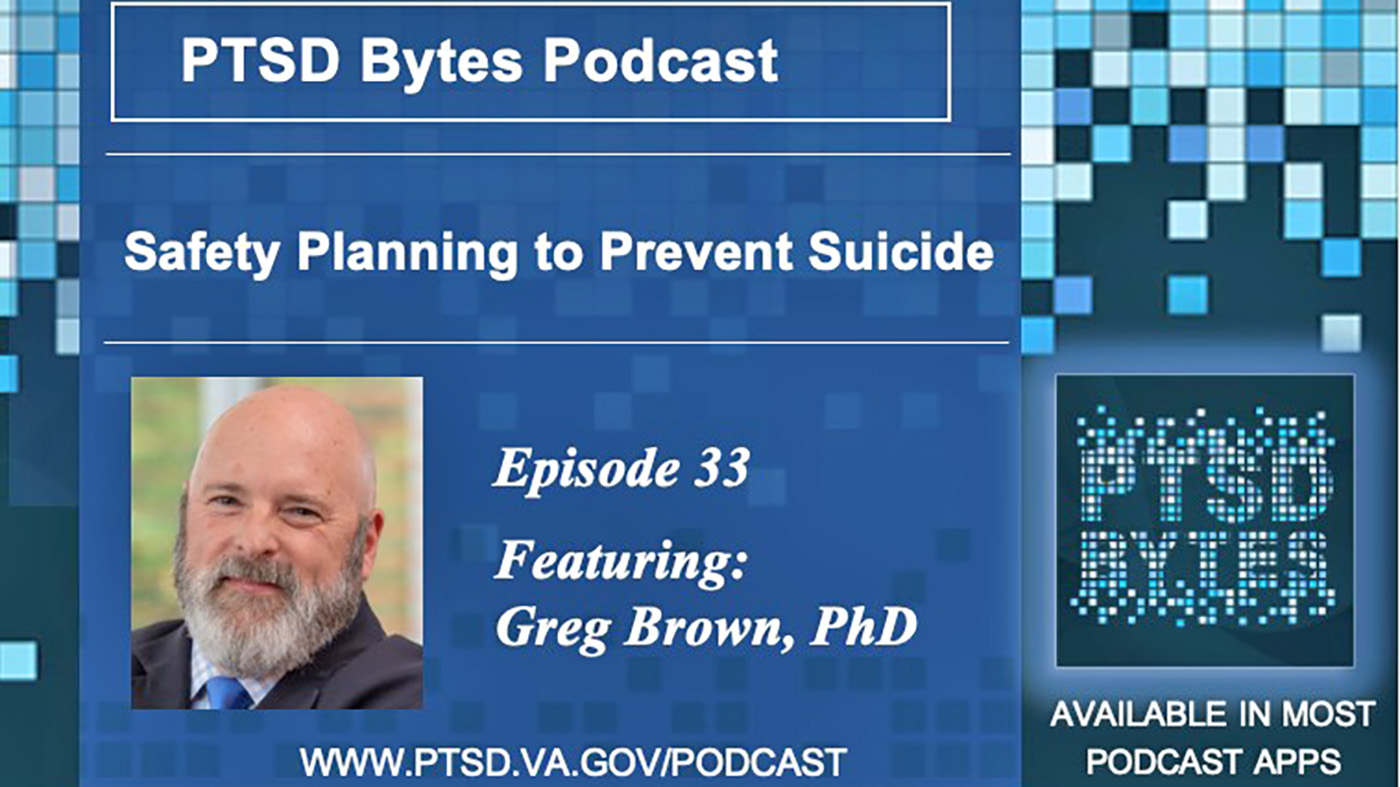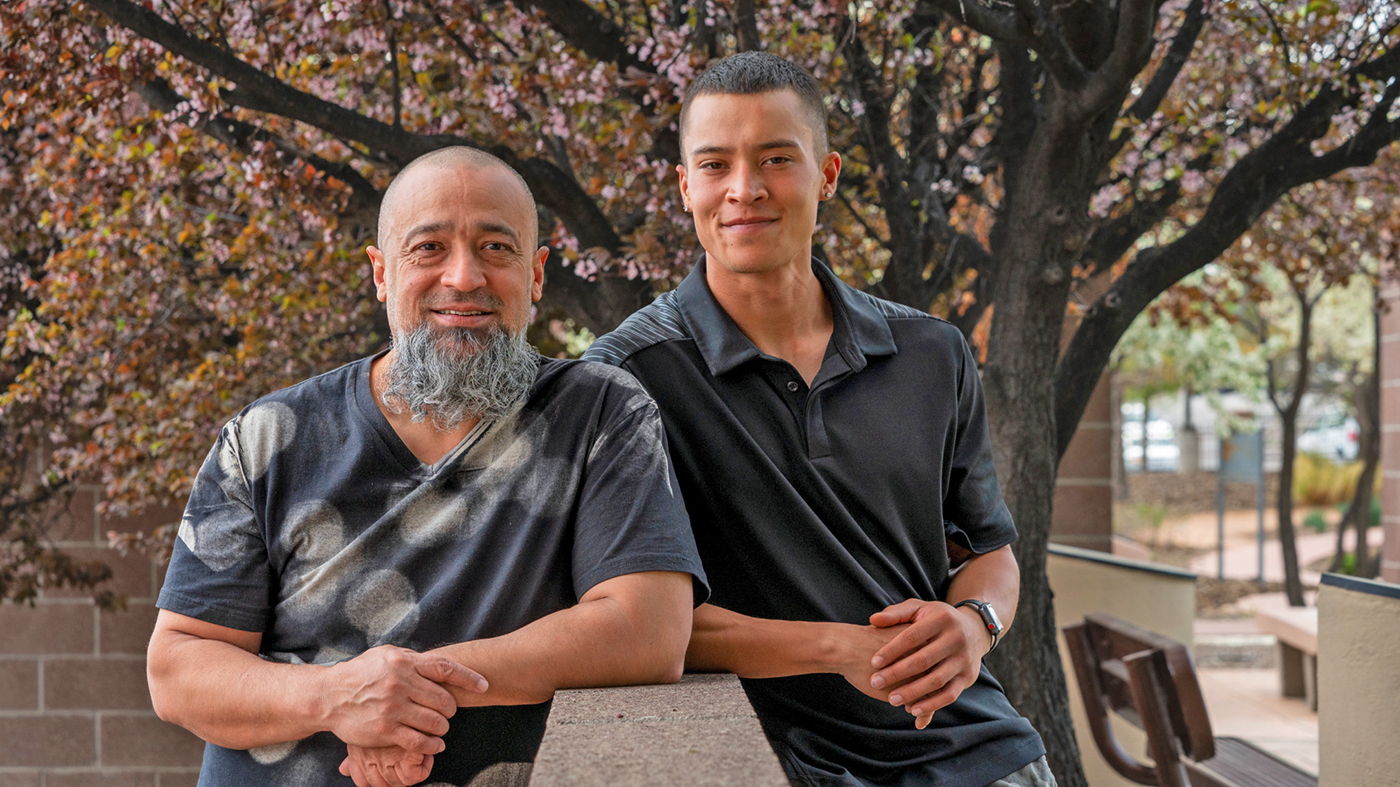In Arizona, the risk of suicide is three times higher among Veterans and four times higher among aging Veterans. In response, community, state and federal partners, including Arizona’s three VA health care systems, launched the “Be Connected” program to reduce suicide rates among Veterans by providing support and resources for the over 600,000 Veterans statewide.
Be Connected is the largest state and federal Veteran-oriented collaboration Arizona has ever seen, building upon several years of nationally-recognized collaboration in the form of the Arizona Coalition for Military Families. The coalition is a public/private partnership that engages military, government and community organizations and systems to strengthen access to care and support for all who serve and their families.
“With Be Connected, we have the opportunity to use what was effective in the National Guard program and reach a much larger audience of service members, Veterans and their families,” said Thomas Winkel of the Arizona Coalition for Military Families.
The partnership includes all of the key stakeholder agencies, including Arizona’s three VA health care systems, the Arizona Department of Veterans’ Services, the Arizona Coalition for Military Families, TriWest Health Care Alliance, the Arizona Health Care Cost Containment System and the Arizona National Guard. Working across partner agencies allows more flexibility because the collaboration drove the program, and not any single agency’s directives.
The program’s goal is to help Veterans “upstream” by providing them assistance before they reach the point of contemplating suicide by connecting them with the services they need to alleviate life stresses.
“There was a woman Veteran who had recently relocated to the Phoenix area for jobs,” said Emily Laflamme, Be Connected program coordinator. “She had gone to the bank and had all the cash on her to pay for rent and to buy school supplies because school was starting in a few weeks. And, unfortunately, she was mugged in downtown Phoenix. Some guy took her purse, which had all her money in it for the entire month.”
Laflamme said the woman looked up at a billboard with the Crisis Response Network number on it and called in. The Veteran was forwarded to Laflamme who helped connect her to a community partner that provided the Veteran with money for rent and to buy her children school supplies.
“It’s one of those things not a lot people think about,” Laflamme explained. “When people think of crisis they often associate it with mental health issues or homelessness. But, what’s important about Be Connected is that if we can catch Veterans early enough, we can hopefully prevent those things from happening. This woman would have had to wait for the next month for money to pay her bills, which would have been a month behind on rent and utilities. Those issues snowball until they become bigger issues.”
Laflamme said it’s important to understand that Be Connected is for everyone; Not only Veterans, but their families, coworkers or anyone who is interested in helping Veterans throughout the state. She said because it’s a statewide program, Veterans can be connected to the resources they need without having to worry about jurisdictional boundaries between cities and counties that often make it difficult for Veterans seeking help trying to relocate or use a resource outside county lines.
Laflamme said the program’s initial focus is on the Phoenix and Tucson metropolitan areas and the Prescott and Show Low areas. She said the coalition has reached out to five target groups to become site partners: The Veterans service organizations, first responders, Vet Centers, area agencies on aging and Veteran support centers on campuses. However, she said she’s been pleasantly surprised by the overwhelming support from other community groups interested in becoming a part of the effort
Wanda Wright, Arizona Department of Veterans’ Services director explained there are three parts to the Be Connected: Call, match and learn. A Veteran, family member or someone in the community can call the 24/7 support line for assistance. The program also has an online tool that can match the caller with the resource they need, and the program provides training in-person and online to help “equip everyone with the knowledge, skills and confidence to help.”
“The main goal of Be Connected is to connect someone to the right resource at the right time,” Laflamme said. “What that means is that if we can get someone to the appropriate resource, maybe we can prevent someone from having those suicidal ideations later down the road when the stress builds.”
Laflamme said many of the calls Be Connected receives are from family members and loved ones who are seeking help and resources on reintegrating Veterans and service members after a deployment or providing care to a Veteran with mental health issues. She emphasized that it’s important for the community to know that anyone can call at any time and the Be Connected team will be there to help.
“This program works,” Wright said. “Now what we need is some sustainability. We need to scale it across the state and maybe across the nation. If we scaled it across the nation it would be a wonderful thing.”
The program is growing. Laflamme said Be Connected had five encounters in April and the number has climbed rapidly with nearly 200 encounters in August. To date, the program has helped connect roughly 400 people to needed resources. For organizations interested in becoming site partners or Veterans and family members interested in learning more about Be Connected, visit the website at www.beconnectedaz.org. Help is available 24/7 at 1-866-4AZ-VETS (1-866-429-8387) or at the National Veterans Crisis Line at 1-800-273-8255, option 1.
About the author: Macario Mora is a public affairs specialist for the Phoenix VA Health Care System.
Topics in this story
More Stories
In a two-part series, Dr. Colleen Becket-Davenport discusses some common myths surrounding PTSD with Dr. Kelly Maieritsch.
In this episode of the PTSD Bytes podcast, we speak with with Dr. Greg Brown, Philadelphia VA clinical psychologist, about how safety planning can prevent suicide.
No one’s life is perfect. Even if a Veteran you care about seems fine, check in to make sure they’re OK.







My name is Mrs mavistompkins I’m a widow my husband and been married for 5years my husband was service connected disabled .he suffered from ptsd.tbi.among other things from the army.he was diagnosed with lung cancer.it was a stage 4 before they found it.well he was going to doctors for the 5 years that we were married .well we went to Palestine oncology for his treatment.the first treatment was so bad on him that he just couldn’t stand it .so in the middle of the night he got up got a handgun and ended his life .so now I go to lufkin to see the same doctors myself.from the trauma I went thru .I’m so traumatized from what happened that I don’t sleep at nights anymore..I have a hard time just trying to make it thru the day..I just wanted someone to know that ptsd is a horrible thing I seen it everyday that my dear husband was here beside me .I tried to hold on …but I guess it wasn’t enough.so than you for being there.with kindest regards. Mrs tompkins